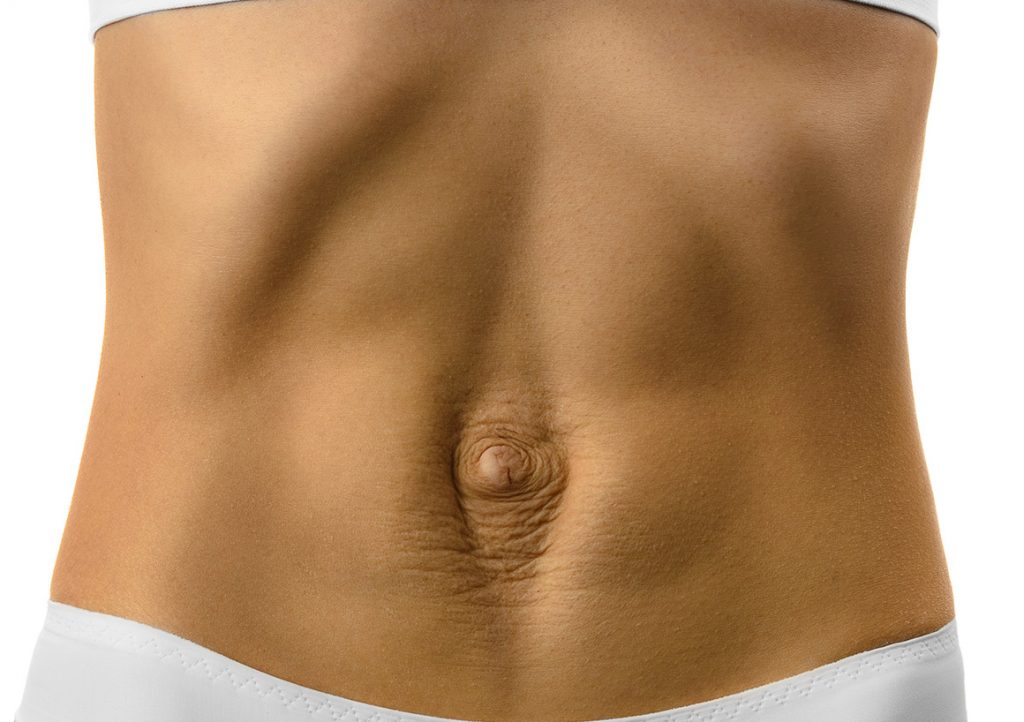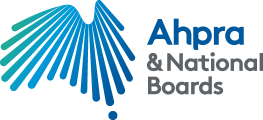Have you just given birth and have been given a diagnosis of diastasis recti? Not to fear, you are not alone – more than 60% of women have this at 6 weeks postpartum and some 30% continue to have this even a year postpartum. If you have been given this diagnosis by your GP or OB with the treatment of tons of crunches or abdominal work, know that this alone may not always fix the problem.
What is Diastasis Recti?
Diastisis Recti is caused by overstretching of the linea alba, the fascia at the centre of the rectus abdominus, the “six pack” muscles. Diastasis Recti can really affect anyone, not just those who have given birth but it is common in this population as the pressure of the weight of the belly causes the fascia to stretch out.
Clinically it is most common in those who carry large babies or twins, have had multiple pregnancies or those who have tight abdominals before pregnancy. DR can continue to affect women years after pregnancy and can lead to all kinds of problems and pain like prolapse, urinary/faecal incontinence, loss of stability, back pain, pelvic girdle pain and even reduced sexual sensation.

Crunches
Doing crunches alone (and correctly!) will likely lead to the closure of the diastasis recti. There is nothing inherently wrong with this blanket solution when the outcome is what most postpartum mums are looking for. However if the strength of your abdominals exceeds that of your pelvic floor or if you have improper breathing mechanics (the diaphragm is an important part of your core) then you may be leading yourself down a path of trouble.
If you have diastasis and are not sure if you are doing what’s right, or if you are postnatal and are looking for some advice, book in with our women’s health physio whose goal is to set you on the right path to healing and function.
If you have any questions or would like to book in to see one of our physiotherapists, please do not hesitate to contact Get Active Physiotherapy on 1300 891 011 or email us at admin@getactivephysio.com.au




